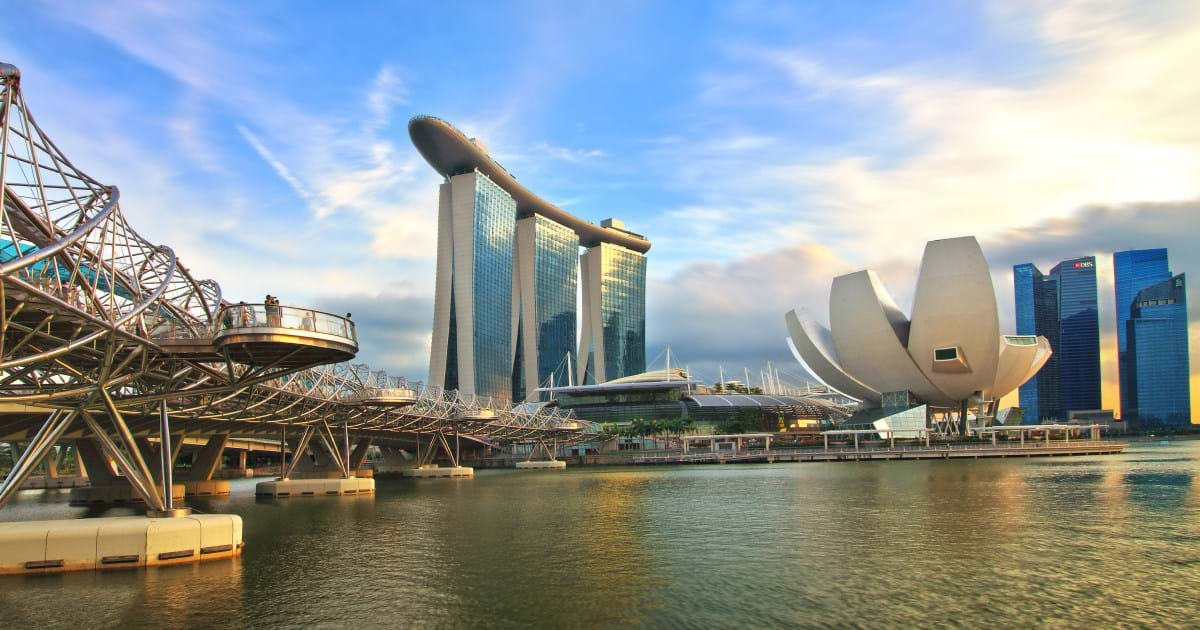1.5m S’poreans to receive up to $700 in August to defray GST and other living expenses
About 1.5 million Singaporeans will receive up to $700 in cash in August to help with their living expenses. About 624,000 Singaporeans aged 65 and above will also have up to $450 credited to their Central Provident Fund (CPF) MediSave accounts as part of the GSTV scheme.
In contrast to 2022, when Singaporeans were given two payments totaling up to $700, including the GSTV – Cash Special Payment, there will be a single payout in 2023. As part of the GSTV scheme, approximately 624,000 Singaporeans who are 65 years and older will receive a credit of up to $450 in their Central Provident Fund MediSave accounts.
By the end of August, individuals born on or before December 31, 1969, who are not already receiving Pioneer or Merdeka Generation benefits, will also receive a credit of $100 to their MediSave accounts.
Singapore adjusts tax incentives for family offices, which must also do more to boost local hires
Singapore’s central bank will step up incentives and requirements to encourage single family offices (SFOs) to contribute more to environmental and social causes as well as jobs here.
By the conclusion of 2022, the Monetary Authority of Singapore (MAS) had granted tax incentives to approximately 1,100 Single-Family Offices (SFOs), each managing the assets of a single affluent family. This number had increased from 700 SFOs at the end of 2021.
Singapore’s unemployment rate rises slightly to 1.9% in May
Singapore’s overall unemployment rate edged up to 1.9 per cent in May, maintaining a low level, according to the latest figures from Singapore’s Ministry of Manpower (MOM).
The unemployment rate increased slightly from the previous month, with the overall rate reaching 1.8 percent. In terms of residents, the unemployment rate rose from 2.6 percent to 2.7 percent, while citizen unemployment remained unchanged at 2.8 percent compared to the previous month.
During May, there were 64,700 residents who were unemployed, out of which 56,900 were citizens.
Skills Profiling for SMEs
Small and Medium Enterprises (SMEs) can now benchmark your employees’ competencies to discover their strengths and skills gaps and identify training courses personalised to their skill needs. This is a pilot collaboration by SSG and JobKred, a homegrown HRTech start-up specialising in talent management.
Click here for more details.
Changes to Global Investor Programme will help attract ‘high-quality’ investors to Singapore
Changes in the Global Investor Programme (GIP) aim to attract high-quality investors to Singapore by increasing the minimum investment requirement and adjusting criteria. This will support local businesses and create jobs, according to observers.
Introduced in 2004, the Global Investor Program (GIP) offers eligible global investors the opportunity to obtain permanent residency (PR) in Singapore. The program aims to attract investors who are committed to driving business and investment growth within the country.
Changes will be made to all three investment options from Mar 15:
1.Applicants looking at the first option of investing in a new or existing business in Singapore will have to demonstrate an investment of at least S$10 million, inclusive of paid-up capital.
2. For the second option of GIP-select funds, the minimum investment required will go up to S$25 million.
3. The third option will require applicants to set up a Singapore-based single family office with at least S$200 million in assets under management.
Of which, a minimum of S$50 million must be deployed in any of these four investment categories – companies listed on licensed exchanges here, qualifying debt securities, funds distributed by Singapore-licensed managers, or private equity injection into non-listed, Singapore-based businesses.

